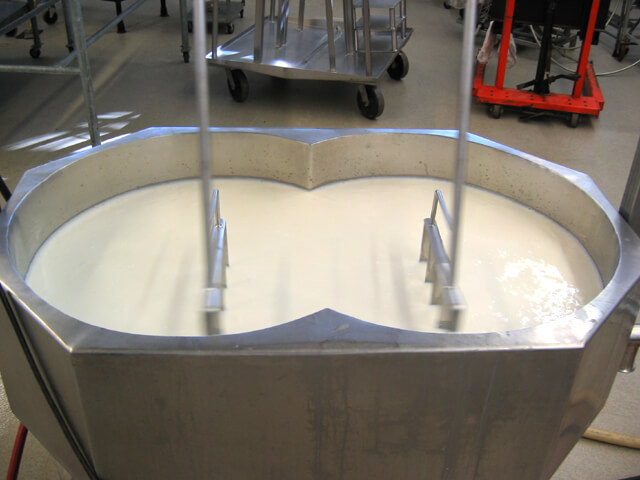
Everyone has heard of the term pasteurization before or one may have even seen it mentioned on the packaging of dairy products in supermarkets and stores. It refers to the process of heating milk to between 630 C and 720C for a few seconds before cooling. Invented by French scientist Louis Pasteur in the 19th century, it destroys any bacteria that is present during the milking process and which may cause serious diseases. It is very widely used in the dairy industry for microbial control and food preservation. It is the reason why milk is able to have a longer shelf life, typically, generally HTST (High-temperature, Short-time) pasteurized milk has a refrigerated shelf life of upto three weeks, while ultra-pasteurized milk has a shelf life of upto three months. The process of pasteurization destroys 100% pathogenic bacteria, yeast and mould plus 95% to 99% of other bacteria. But what are the effects if any on the nutritional value of the milk due to pasteurization?
It is surprising to note that many people claim that pasteurization destroys key vitamins and other nutrients and prefer to consume raw milk as they say it prevents allergies, cancer or lactose intolerance. Is this a proven fact? To answer this question 40 studies were re-examined and surveyed on the effects of pasteurization and nutritional value of milk. One of the first findings of this was that pasteurization did have a very small effect on vitamins which were found in milk, and while raw milk has very little Vitamin D, milk that has been pasteurized is rich with this vitamin and promotes absorption of calcium and is key to good bone health. One of the nutrients that had decreased was riboflavin, but this does not change the fact that pasteurized milk is a very important dietary source of this particular vitamin.
When it comes to allergies due to pasteurization, it has been shown that raw milk does have a protective effect against it. But this can be connected to rural lifestyles and farm life and environment and not necessarily because of consuming raw milk. Further, there have been no connections or studies showing links to cancer or lactose intolerance due to pasteurization. Examined and looked at as a whole there has been no significant loss of nutrients to warrant concern. Even after pasteurization milk has been found to contain all the important nutrients needed to stay healthy. It is still the safest way to enjoy these health benefits.
